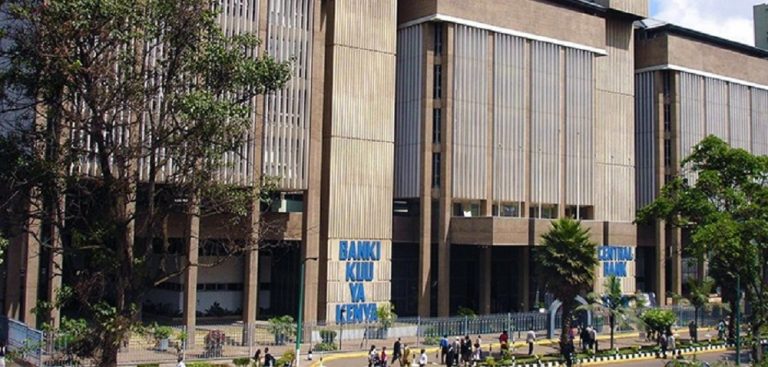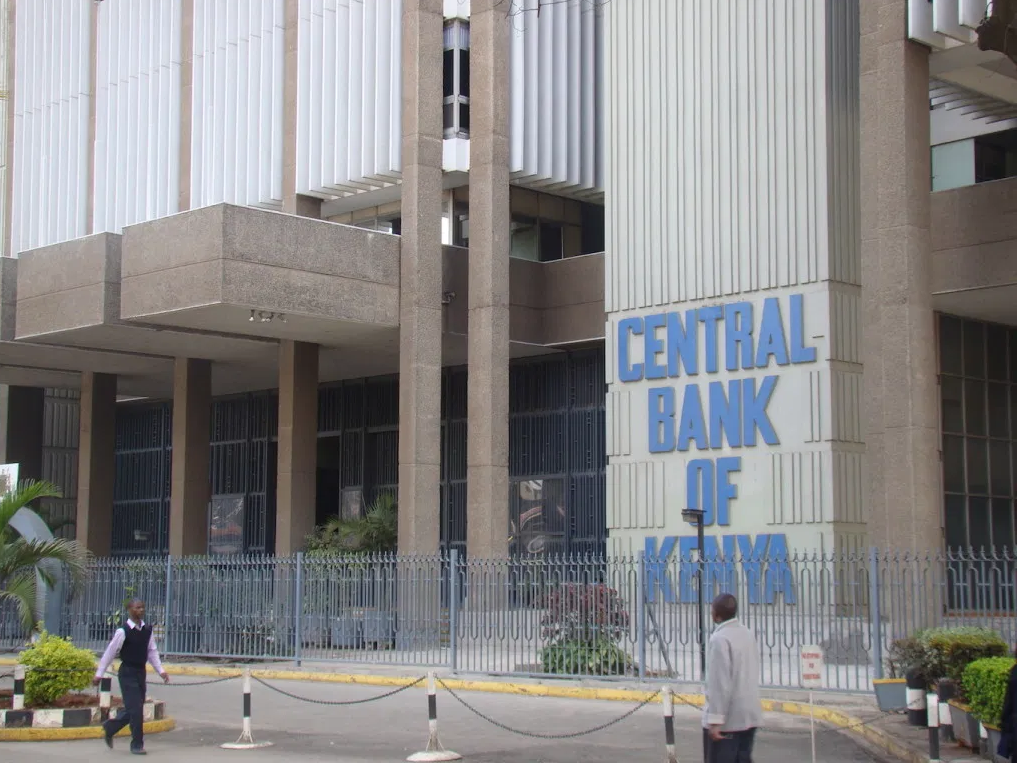A commercial law firm wants a standalone law that will regulate credit scoring in a bid to curb confusion brought about by different formulars by credit bureaus.
MMC Africa Law has proposed the establishment of a Credit Act that will deal with designating a regulator to oversee credit scoring and information sharing for all credit providers operating in the market regardless of their industry.
The proposal follows an announcement by Central Bank of Kenya Governor Patrick Njoroge that expressed concerns over the confusion arising from differing formulas for reviewing credit scores by the various licensed credit bureaus.
Governor Njoroge highlighted plans to formulate a central server for financial technology firms to facilitate submission of client credit information.
In a press statement, MMC Africa Law’s Banking and Finance Partner Jacqueline Wangui said the absence of a Credit Act means that some categories of credit providers may not be regulated and thus may choose not to actively remit data to the central server.
“This has the potential of undermining the efficacy of the proposed changes,” she said.
A credit score is a numerical expression based on a level analysis of a person’s or institution’s credit files to represent creditworthiness. It is primarily based on credit report information typically sourced from credit reference bureaus (CRBs).
CRBs were introduced to Kenya’s financial scene as a solution to the banking crisis of the 1990s which saw the collapse of a number of banks, triggered in part by non-performing loans (NPLs).
READ : NO DEGREE, NO PROBLEM: 5 JOB SKILL YOU CAN EARN FROM WITHOUT GRADUATING
However, the different CRBs — Metropol Credit Reference Bureau Limited, CreditInfo Credit Reference Bureau Kenya Limited and Credit Reference Bureau Africa Limited (trading as TransUnion) — results into confusion.
The MMC Africa partner said that a well-functioning and efficient credit scoring system remains an invaluable lever in revamping the credit market and a key determinant of sustained growth for financial institutions.
“Despite the proliferation of banking services, provision of loans to individuals, corporates and industries still constitutes a primary source of income for lending institutions in Kenya. Part of these financial institutions’ elementary lending practices is their evaluation of the credit worthiness of potential debtors prior to granting credit,” she explained.
The law firm also proposed that the successful implementation of the proposals made by CBK and that are ultimately meant to revamp the credit market ought to engage CIS for a seamless integration of the new model so as to attain high levels of enforcement and compliance across participants.
SEE ALSO : BANKS RISK LOSING BUSINESS TO NEW PLAYERS













1 Comment